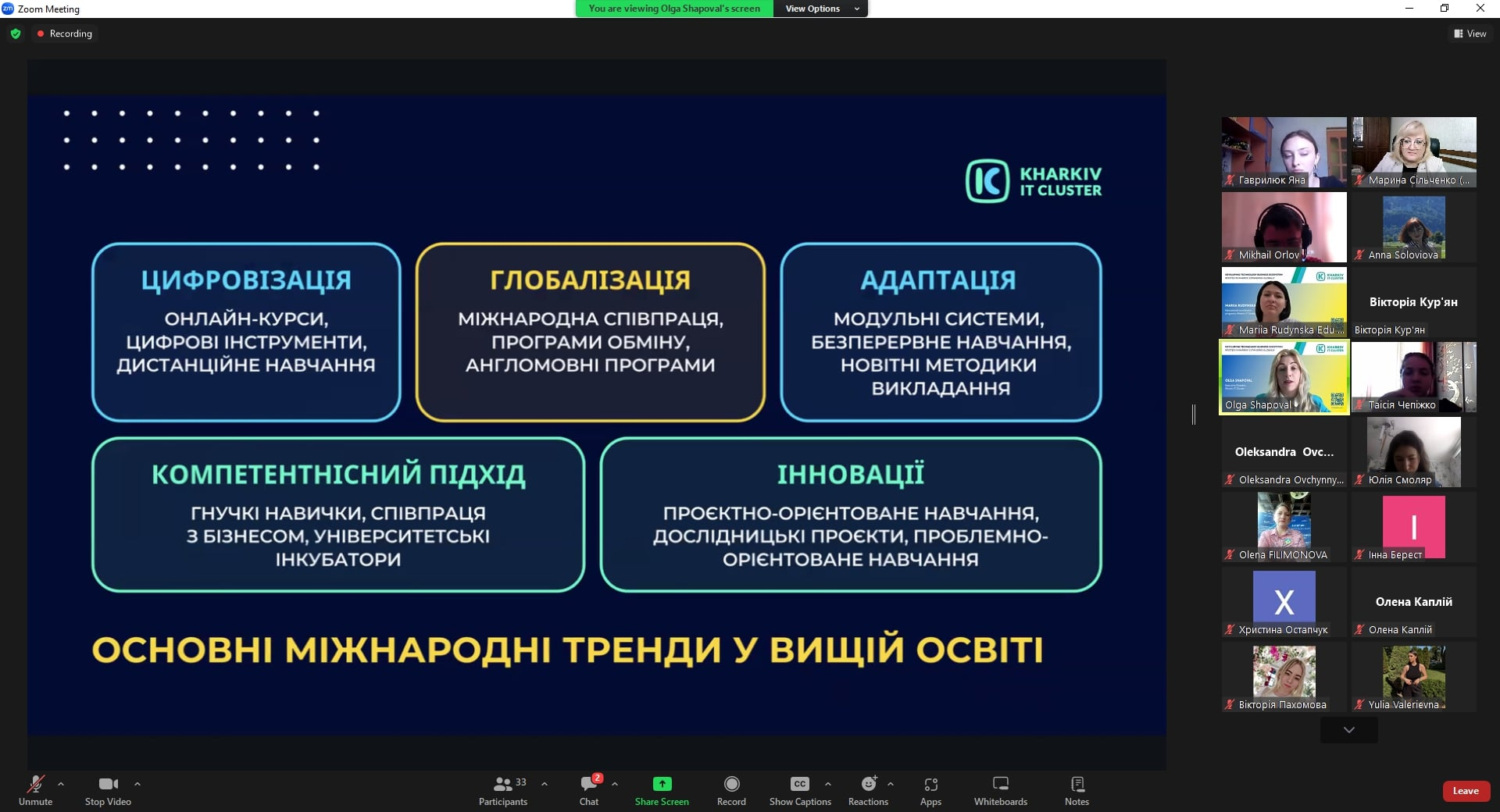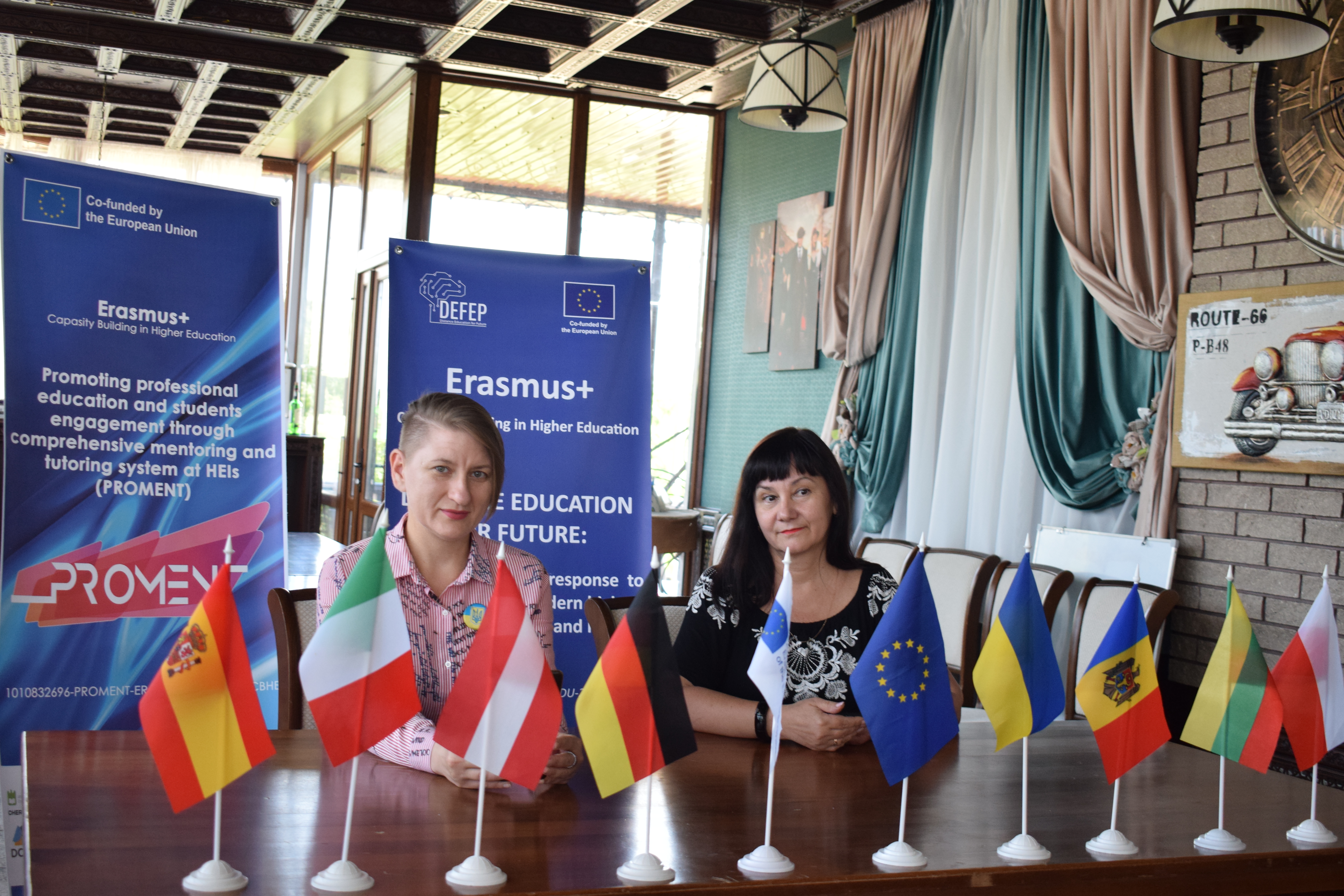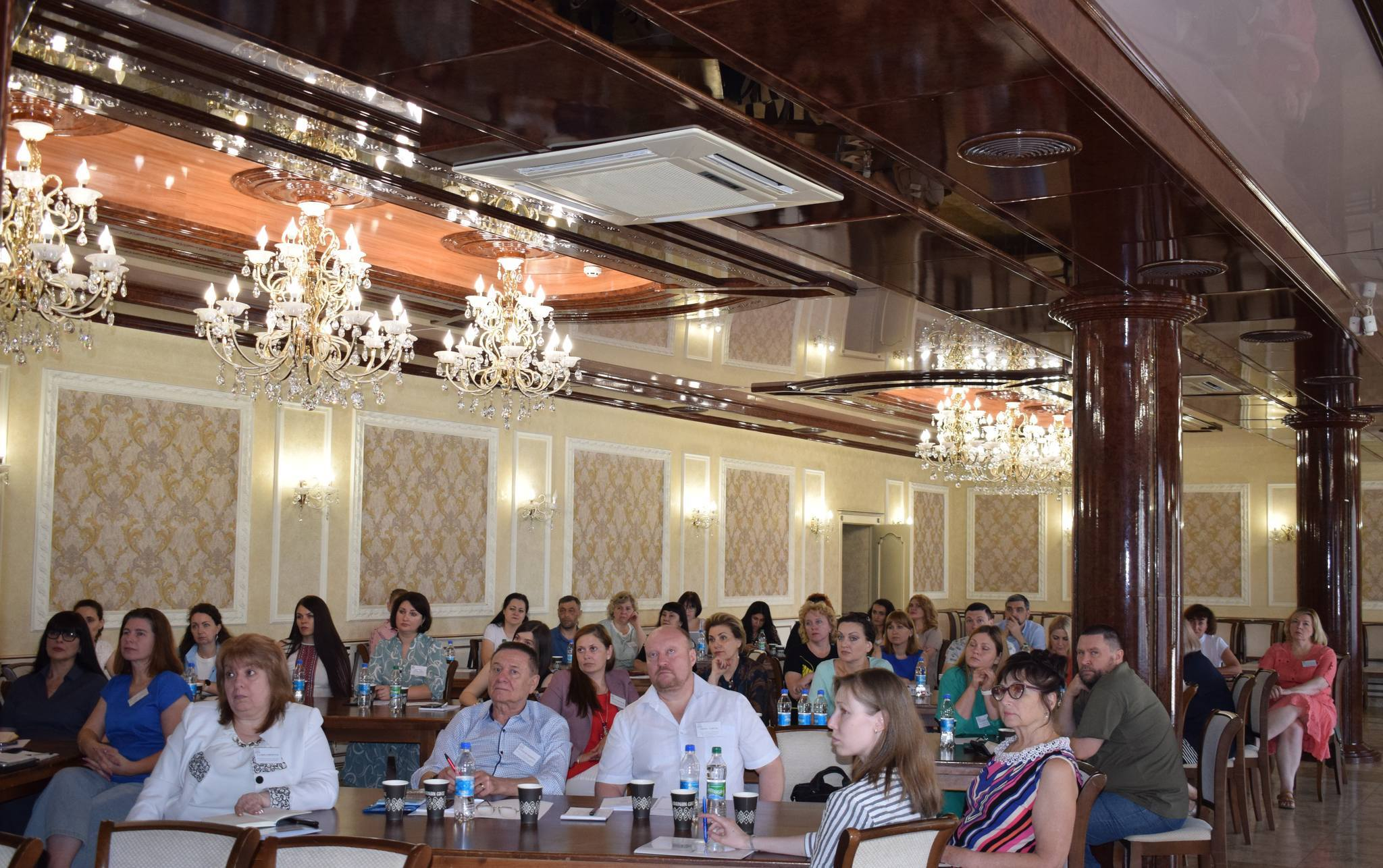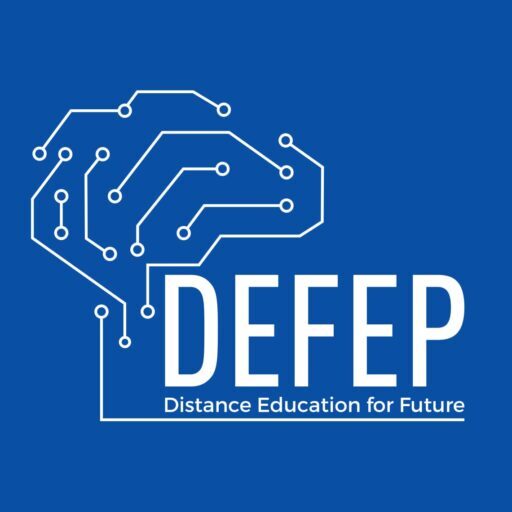ERASMUS+KA2101083143 — DEFEP — ERASMUS-EDU-2022-CBHE
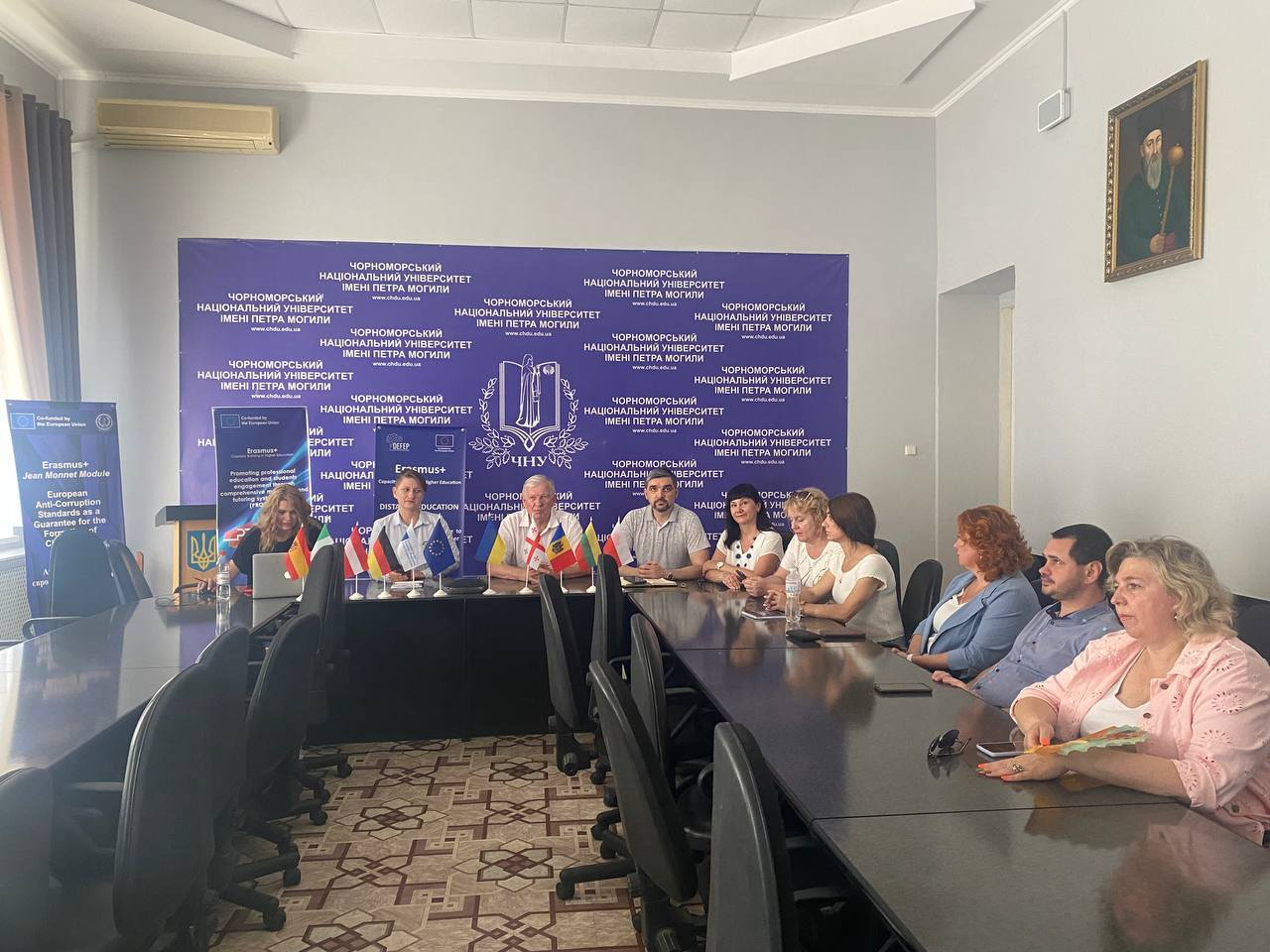
The Petro Mohyla Black Sea National University hosted the International Scientific and Practical Conference “Internationalization of Higher Education of Ukraine in Global Progress”, held within the framework of the XXI International Scientific Conference “Olvia Forum – 2024: Strategies of the Black Sea Region Countries in the Geopolitical Space” in a hybrid format, June 20-23, 2024, Mykolaiv city and Myhia village (Buzkyi Gard National Nature Park).
The conference included a plenary session, roundtables and panel discussions on the following topics:
➢ Internationalization of higher education
➢ International trends in the transformation of higher education
➢ International programs and projects and their role in reforming higher education in Ukraine
➢ Ecosystem of distance education in the EU and the Eastern Partnership
➢ Mentoring and tutoring system in higher education institutions
The conference participants were welcomed by: Leonid Klymenko, Rector of Petro Mohyla Black Sea National University and Alla Koval, Vice-Rector for Scientific and Pedagogical Work and International Cooperation; Olesia Vashchuk, Chairman of the Board of the Innovative University AU NGO, Chairman of the Council of Young Scientists at the Ministry of Education and Science of Ukraine; Svitlana Shytikova, Project Coordinator, National Erasmus+ Office in Ukraine.
The following reports were presented at the plenary session:
During the round table “International trends in the transformation of higher education” the main speakers were: Oleksandra OVCHYNYKOVA, junior researcher, PhD candidate, Klaipeda University (Klaipeda, Lithuania); Valentinas NAVICKAS, professor, doctor, School of Economics and Business, Kaunas University of Technology (Kaunas, Lithuania); Anna SOLOVIOVA, PhD in Political Science, associate professor, acting Head of the Department of Journalism, Petro Mohyla Black Sea National University; Olha SHAPOVAL, Executive Director, Kharkiv Information Technology Cluster NGO; Olena FILIMONOVA, PhD in Economics, Petro Mohyla Black Sea National University, DEFEP Project Coordinator; Yurii RESHETNIK, Chief IT Analyst, Deputy Head, Head Office of PrivatBank JSC CB.
The participants discussed the opportunities and prospects that international programs and projects offer to Ukrainian universities. Particular attention was paid to the Erasmus+ program; the possibility of its integration and synergy with the Horizon Europe program, which is gaining momentum in Ukrainian universities; and the projects implemented with the support of these programs. Most of them respond to the acute challenges of domestic higher education. For example, the DEFEP project, which is dedicated to the development of distance learning, promotes the introduction of innovative didactic approaches and EU best practices so that such education develops students’ professional competencies and soft skills for further work in the digitalized world.
The conference program is available here.
